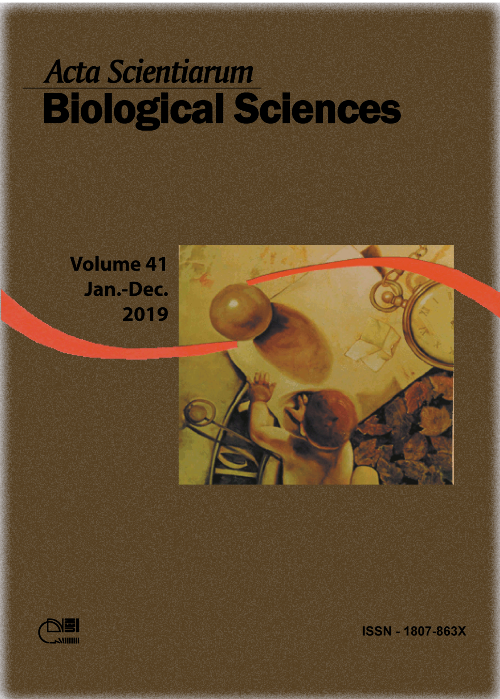Water quality for rural home supplying in the south of Brazil
Abstract
Underground and surface water as a result of human activity are increasingly polluted. Mainly due to improper disposal of waste, discharge of effluents, among other actions that compromise the environment. The water analysis is necessary to determine and evaluate the situation of water supply to the population. This study evaluated the supply situation of three rural communities located in the south of Brazil, where the water is carried out through the abstraction of groundwater. Pastures, fields and remnants of native vegetation characterize the region. The water quality used to supply was what motivated the accomplishment of this work. The wells are unprotected in the middle of the pastures near to black cesspits and crops that use frequently agrochemicals. The water quality was characterized over one year by physical-chemical, microbiological and toxicological characteristics. The results were compared to water potability standards in Brazil. In order to ensure sanitary conditions for this population, environmental education actions were carried out given the importance of access the information. It follows that the resources analyzed need disinfection to ensure better and safer water supply.
Downloads
DECLARATION OF ORIGINALITY AND COPYRIGHTS
I Declare that current article is original and has not been submitted for publication, in part or in whole, to any other national or international journal.
The copyrights belong exclusively to the authors. Published content is licensed under Creative Commons Attribution 4.0 (CC BY 4.0) guidelines, which allows sharing (copy and distribution of the material in any medium or format) and adaptation (remix, transform, and build upon the material) for any purpose, even commercially, under the terms of attribution.
Read this link for further information on how to use CC BY 4.0 properly.













1.png)




3.png)













